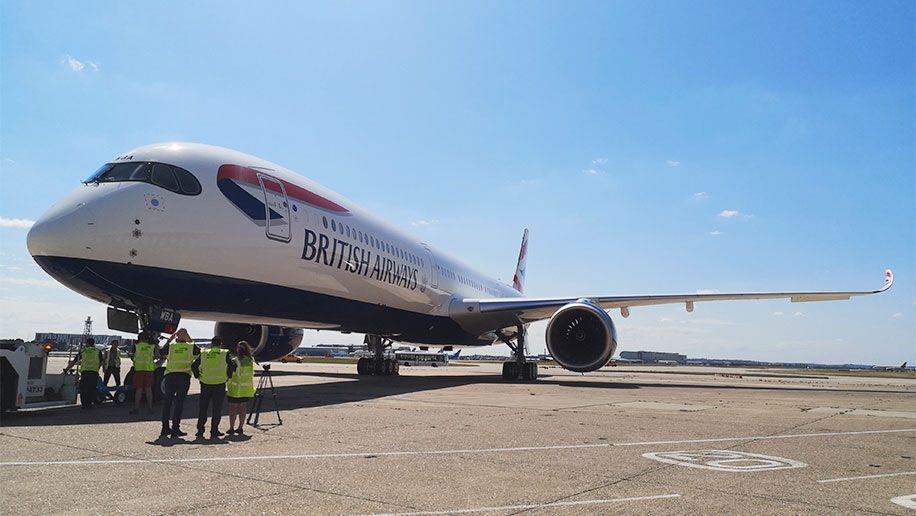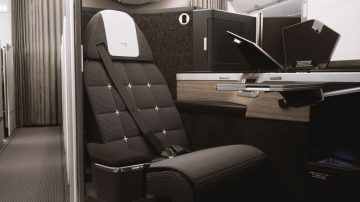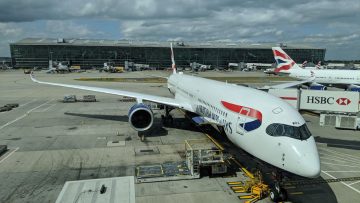
What is happening?
British Airways is bracing itself for the first pilots strike in the carrier’s history next week, with members of the BALPA union set to walk out on Monday September 9 and Tuesday September 10.
Most flights into and out of Gatwick and Heathrow airports are likely to be cancelled over the 48-hour period, and there will be some disruption either side of the strike dates as aircraft and crew are repositioned.
In BA’s own words “If you have a flight booked with us on or around those dates, it is likely that you will not be able to travel as planned”.
How do I know if my flight has been cancelled, and what are my options?
BA says it has contacted all affected customers to inform them of their options, which include refunding fares, rebooking on different dates / alternative destinations, or travelling with other carriers.
The airline has published a comprehensive FAQ page on its website here, and has also boosted the number of staff in its customer service centre.
BA says that the number of calls has returned to normal, following the 40,000 which were received in 24 hours after (in some cases erroneous) cancellation notifications were sent out over the August bank holiday weekend.
Note that flights to and from London City airport are unaffected by the industrial action, as they are operated by the BA Cityflyer subsidiary. Services operated by British Airways’ franchisees Comair and Sun-Air are also unaffected.
Why are the pilots striking?
Over pay. Back in November 2018 the Unite, GMB and BALPA unions initiated joint pay negotiations with British Airways. Members of Unite and GMB accepted a three-year, 11.5 per cent pay increase, but this was rejected by BALPA members in July, and the two sides have been unable to reach an agreement.
Could the strikes be called off?
Although it is theoretically still possible that an agreement could be reached between British Airways and the union ahead of Monday, at this late stage it is likely that there will still be disruption to flights next week, as aircraft will be parked out of position, and cabin crew are being re-rostered.
BA also pointed out that airline pilots are trained to fly specific aircraft types, so non-striking pilots could not automatically be reassigned to flights operated by other aircraft in order to stop them being cancelled.
The carrier has compared it to “winding down the airline and then winding it back up again”.
Didn’t BALPA make a last-minute proposal to avoid the strikes?
In a statement on Thursday BALPA said that it had “put forward a new proposal in a letter to BA CEO Alex Cruz in a bid to come to a deal with the company”.
But in response BA said that while it remained open to constructive talks, “we do not believe the union is acting in good faith by making an eleventh hour inflated proposal which would cost an additional £50 million”.
The carrier added that “BALPA has cynically waited until we have helped the vast majority of customers with alternative travel arrangements, and our planning for a strike has reached a critical stage. Our customers need the certainty that BALPA will call off the strikes for good, not just for two days next week.”
BALPA disputes the £50 million figure, stating that “BA’s suggestion that our new proposal costs an extra £50 million is laughable, the actual cost is less than £5 million more than BA offered”.
“One day of strike will cost the airline £40 million yet they seem happy to spend money on covering strike action rather than their pilots,” the union added.
Will there be more strike dates?
At the moment BALPA has announced three days of strikes – Monday September 9, Tuesday September 10, and Friday September 27.
BA has yet to announce plans for the third date later this month, both because an agreement could be reached before then, but also because it wants to see how its preparations fare for next week’s 48-hour walkout, and adjust as necessary.












